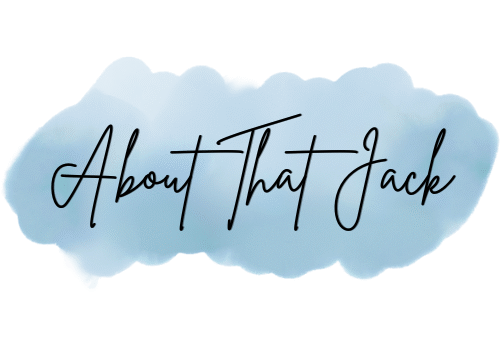
Growing up with abuse and never being able to ask for help, the idea of speaking up felt completely foreign. I had nobody to turn to, and deep down, I didn’t think I’d be believed.
For 40 years, I carried that secret.
Looking back, desperation seemed to be the theme of my formative years. Desperate for someone to see me, to know me, to like me, love me, and help me. But it never came.
Instead, I learned to navigate life guarded. Each year, another layer of protection built around myself, until I became numb to my feelings and emotions. I stopped asking for anything from anyone. It wasn’t until I began therapy that I learned I am a human being, not just a human doing. That I have inherent worth, simply by existing.
Therapy is a form of self care
With each session, I’ve peeled back layers of doubt and, most importantly, self-criticism. I’ve begun to understand the importance of treating myself with kindness and patience, just as I would a friend. Learning skills like self-validation, self-trust, self-compassion, self-nurturing, and self-love hasn’t been instant, and I know it takes practice.
But here’s the thing: I’ve struggled with self-validation. After years in therapy, you’d think I’d have it all figured out by now. But I don’t. I sometimes forget that I’m undoing 40 years of survival patterns.
Self-validation goes hand in hand with self-forgiveness, and here’s where I still trip up. I find myself seeking validation from others in order to forgive myself. In my mind, if I’m forgiven by someone else, I can forgive myself. But true healing doesn’t work that way. When I rely solely on external validation, it’s like I’m seeking approval because my inner child believes it’s needed. It’s almost a projection, because deep down, I don’t feel worthy, and I struggle to validate myself because of the trauma I experienced as a child.
The “C” in cPTSD stands for complex for a reason. Prolonged trauma, like the abuse I endured, interferes with the natural development of instincts that help children grow into healthy adults. It doesn’t matter how functional I may seem or how well I’m living my life; I still crave that external validation and warmth, especially in my relationships.
A perfect example of this shows up in how I might say, “Maybe it’s best if you take a step back,” when that’s not what I want at all. In reality, what I’m doing is seeking validation. I want the other person to tell me that they don’t want to take a step back. But what I need to do is say, “I don’t want you to take a step back, but I understand if you need to.”
Self-Validation Leads to Self-Worth
Self-validation means sharing my feelings honestly, without expecting approval. It means giving others the information they need to make their own decisions. And if they do choose to take a step back, I won’t feel unworthy. I won’t need that external validation to know my worth.
Something my therapist said recently really struck me: “The most valuable resource you have is yourself.” It made me reflect on how often I overlook my own worth and potential. I need to focus on validating myself internally, even though it’s not easy. After all, how can I embody a feeling I’ve never truly experienced before?
In healthy childhoods, children are taught to love, value, and respect themselves, by example, if nothing else. But those of us who have faced childhood trauma often learn pain and fear, leading us to oppress and even abuse ourselves.
It’s going to take more patience and consistent practice to teach myself self-validation and compassion. Instead of clinging to validation from others, I’m learning to release that grip and cultivate internal validation. It’s a challenge I’m willing to take on.
It’s about building secure attachment, being my own best friend, and practicing self-parenting. These are all attainable goals through therapy, patience, and ongoing effort. With time, I’ll be able to build a stronger, healthier relationship with myself, validate my own worth, and stop relying on others to confirm it.
